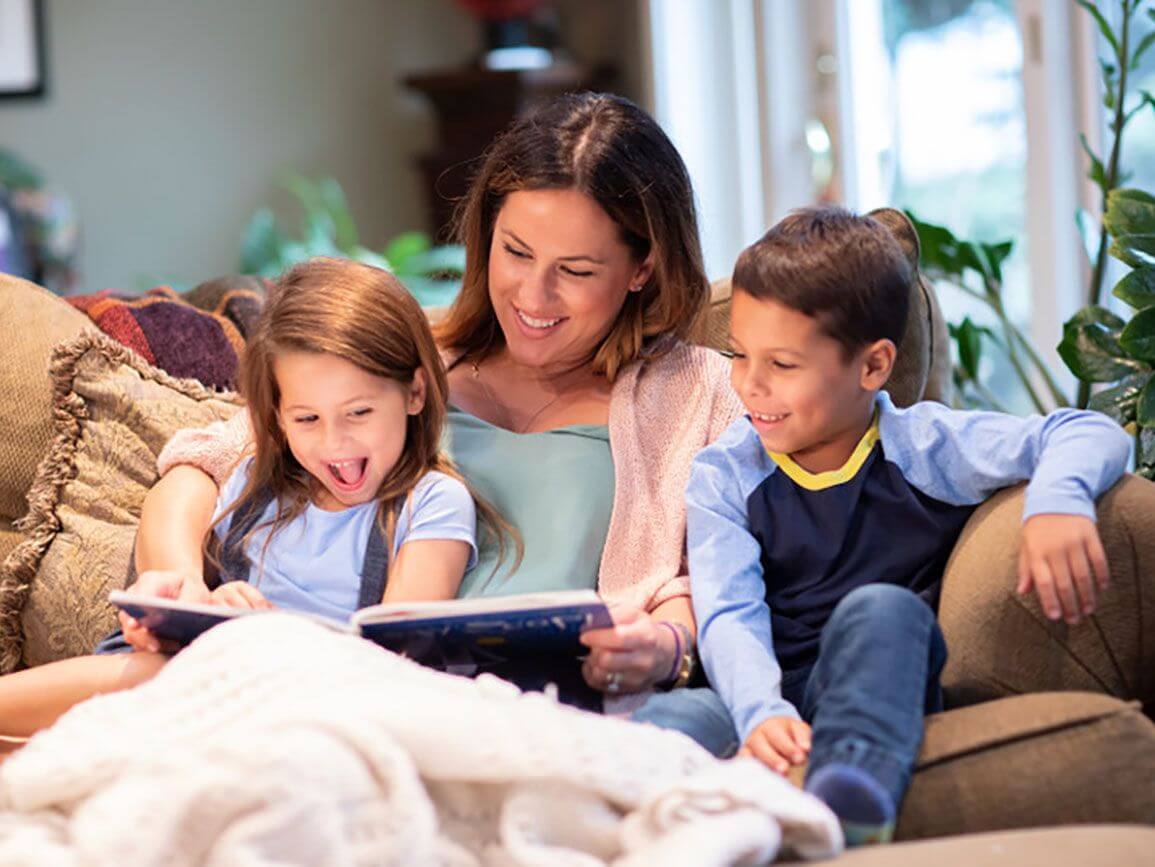A 1,000-parent survey commissioned by the children’s publisher Ladybird and run by Censuswide found that 33% of parents lack the confidence to read to their children. Parents cited reading out loud and doing character voices as reasons for doubting their confidence.
The study also found that 77% of parents who read with their children before bedtime (between 6 p.m. and 8 p.m.) report low levels of shared reading at other times of the day.
In response to the survey results, the children’s author Laura Henry-Allain said:
“Reading with children is about quality over quantity. It could be that you have a book that your child wants to be read again and again, and that’s absolutely fine. Parents should not feel guilty about the amount of time they spend reading with their children. Make it enjoyable, make it fun, and don’t make it a chore.”
The author said that parents should read at least a little (even 10 minutes are enough) rather than not read at all.
The same study reported that 93% feel that shared reading with children is important, while 88% of parents agreed that reading to children is a shared enjoyment. The study also finds that reading is an opportunity to spend quality time together and create bonding. That’s why it’s important to develop the joy of reading at a young age.
But what do children want?
A survey from the National Literacy Trust (NLT) reported that 56% of eight to 18-year-olds don’t enjoy reading in their free time, whereas 43% said they enjoy reading in their free time.
Interest in reading and overall literacy skills were lowest among children who belong to disadvantaged backgrounds. Of them, children who receive free school meals, 60% said they don’t enjoy reading in their free time.
The survey also found that children are more likely to read in a quiet nook, and when they’re supported by role models in their family, and when they have access to books that represent them. Children who don’t seem to enjoy reading in free time are likely to enjoy reading at their schools.
Francesca Simon, author of the Horrid Henry series of children’s books, said:
“We cannot let a generation of children lose out on the benefits that reading can bring” – benefits that include “inspiring the imagination, the comfort and escape of another world, and the very real and impactful literacy skills it supports.”
Simon requests authors, publishers, families, and schools to make sure every child gets a safe space and books to start and enjoy their reading journey. Reading at a young age certainly is important because it leads to smarter kids.
Navkiran Dhaliwal is a seasoned content writer with 10+ years of experience. When she's not writing, she can be found cooking up a storm or spending time with her dog, Rain.


